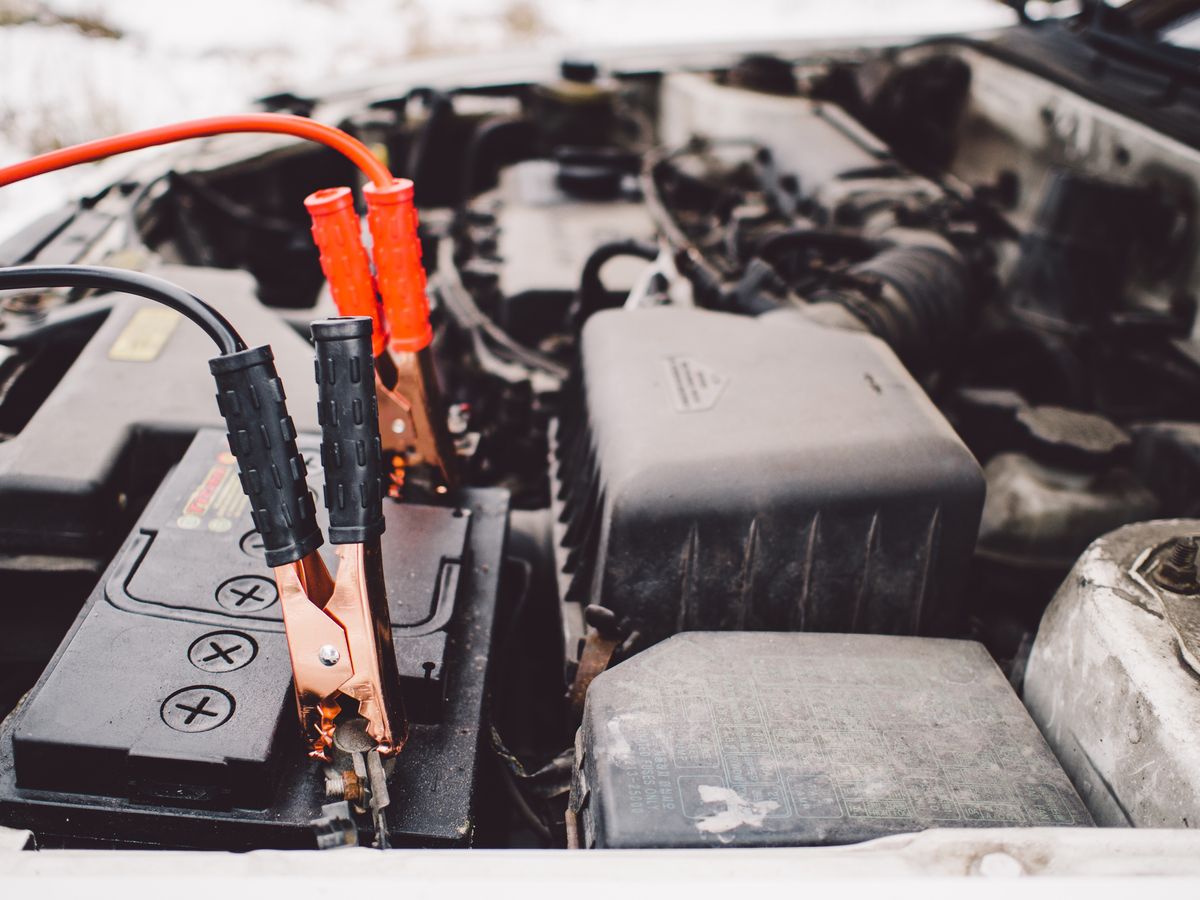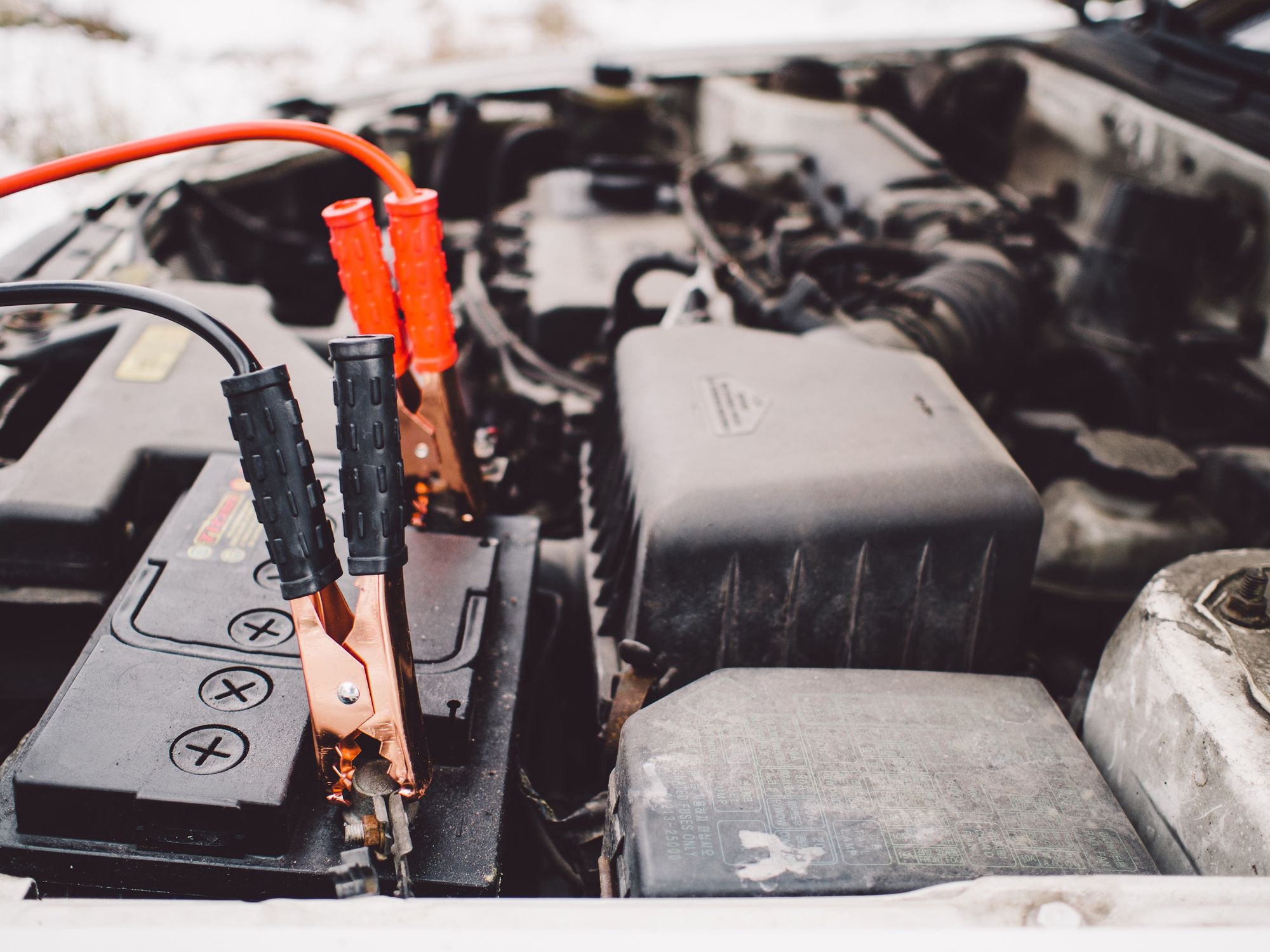Things drain an electric vehicle’s battery the most.
Batteries play a major role in powering electric vehicles. However, they may drain with time as a result of a few things that may be affecting them.


Batteries play a major role in powering electric vehicles. However, they may drain with time as a result of a few things that may be affecting them.
i)Long-distance driving drains the battery more than city driving
Battery range is top of mind for most electric vehicle owners and potential EV buyers. Whether you have a long commute, take frequent road trips, or just run quick errands around town, know where the battery power in your electric car is going. Learn about all the things that drain your EV battery.
ii) Driving: City vs. highway
First things first, driving your EV will always drain the battery. The purpose of any EV battery is to provide power to propel the car along the road. Higher speeds require more energy than lower speeds. Additionally, the general rate at which driving will drain the battery varies based on how much energy you use on other power-sucking items in this list.
iii) Acceleration
How hard you press the pedal greatly impacts your battery range. Higher acceleration requires a significant burst of energy. This surge is especially noticeable in vehicles with a boost button or other quick-power features. Smooth acceleration helps support a longer battery range. If you’re trying to maximize every charge in your EV, go easy on the “go” pedal.
iv) Weather conditions
Environmental conditions will cause your battery range to fluctuate, but frigid temperatures can drain your battery significantly faster. It requires more energy to keep your battery running when it’s cold outside, so you’ll likely need to charge your EV more frequently during the winter months.
Cold climates tend to drain the battery hence causing a serious issue for EVs. According to a recent study by Recurrent shows that the EV range can drop by up to 32% in freezing temperatures. This is important to keep in mind if you need the full range of your EV for it to be usable in everyday driving.
v) Heat and air conditioning
It also requires more energy to keep the cabin warm during periods of extreme cold. Bumping up the heat for comfort while driving takes more energy from the battery. Similarly, blasting the air conditioner when it’s hot outside cuts the battery range. Controlling the cabin and battery temperature is the biggest power drain second to driving the vehicle.
The heat drains the battery, and turning on heated seats uses much less energy, and turning on heated seats uses much less energy. This feature operates by warming up a heating element that doesn’t require any fans to move the air around. Getting those circulation fans spinning can cause some battery drain, whereas just turning on the heated seat heating element barely robs the battery.
vi) Weight
The size of your EV, the total passenger load, and how much cargo you carry all play a role in draining the battery. Batteries expend less energy to move lighter loads, so keep that in mind during your next road trip. Pack light if your goal is to stop less often for a recharge.
vii) Navigation and infotainment systems
Today’s larger infotainment systems along the dashboard require more energy to operate than those from a few years ago. If your EV has screens for the rear passengers and if you use USB ports to charge electronic devices, these can also contribute to draining your battery. Still, using all these electronic safety features, premium sound systems, and ambient cabin lighting in a new electric car might equate to about a mile of range per hour of driving.
viii) Identify your battery usage
Many electric vehicles have features that show what functions of the car are using the most battery power. You also may be able to check key statistics such as battery health and average range per trip. Consult your owner’s manual or mobile app (if applicable) to confirm, and start maximizing your battery range with every drive
Source:
i) Chantel Wakefield (2023) Here are the 6 things that drain an electric vehicle's battery the most.




